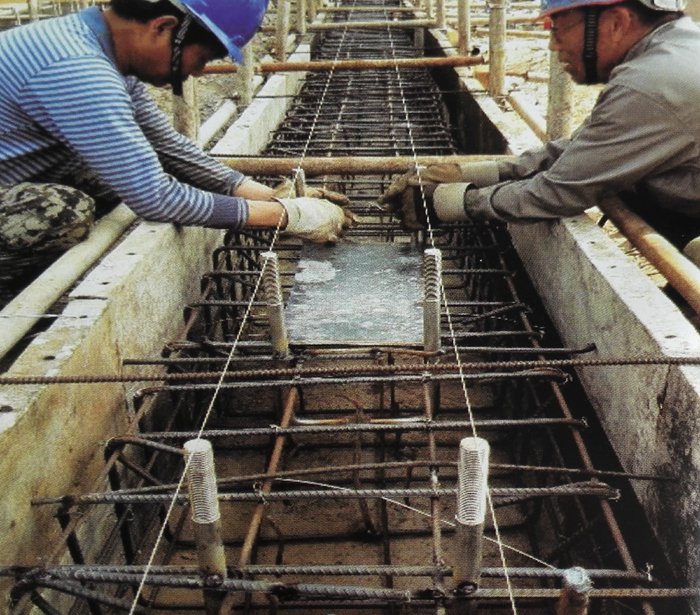DIN 536 A65 crane rail is a type of rail used for crane tracks. It conforms to the German standard DIN 536 and has a profile height of 175 mm, a width of 65 mm, and a weight of approximately 43.1 kg/m. The rail is made of steel and has good wear resistance, high strength, and good toughness. It is commonly used in crane rails for ports, shipyards, and other industrial applications.
There are a few advantages of DIN536 A65 crane rail over other standard crane rails:
1. Higher load capacity: DIN536 A65 crane rail has a larger cross-sectional area compared to some other standard crane rails, which means it can support heavier loads.
2. Better wear resistance: The steel used to make DIN536 A65 crane rail has a high level of hardness and wear resistance, which reduces the wear and tear on the rail over time.
3. Improved stability: The design of DIN536 A65 crane rail offers greater stability for cranes traversing the rails, which reduces the risk of derailments and accidents.
4. Easy installation: DIN536 A65 crane rail has a simple and standardized installation process, which makes it faster and easier to install compared to some other types of rails.
Overall, DIN536 A65 crane rail is a popular choice for heavy-duty applications that require high load capacity, wear resistance, and stability.

Here are the general steps to install an A65 crane rail:
1. Prepare the subgrade: Ensure that the subgrade is level, smooth, and free of any debris or obstructions.
2. Lay out the rail: Once the subgrade is prepared, lay out the crane rail according to the design specifications.
3. Drill the holes: Use a drilling machine to create holes in the subgrade at appropriate distances. Make sure to follow the design specifications for hole spacing and depth.
4. Install anchors: Place anchors into the drilled holes and make sure they are securely fastened to the subgrade.
5. Install base plates: Install base plates onto the anchors and make sure they are securely fixed in place.
6. Install the crane rail: Finally, place the crane rail onto the base plates and fasten it securely in place.
It’s important to note that the specific installation process may vary depending on the location, design, and other factors. It is recommended to consult an expert in crane rail installations for guidance and assistance.
We can supply the international standard flat bottom rails as below, if you need any one, please feel free to ask us:




